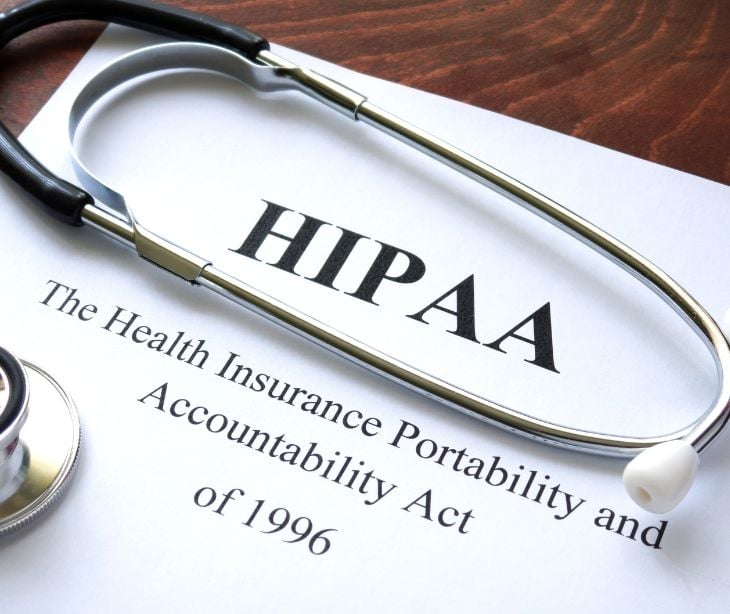
Protected health information (PHI) is a pillar of organ and tissue donation, and its privacy is strictly regulated to protect donors and their families.
PHI in organ donation
PHI, governed by HIPAA, encompasses sensitive patient data. In organ donation, PHI includes donor medical histories, test results, and other confidential information crucial for transplantation processes.
How to safeguard PHI in organ donation
Privacy regulations: HIPAA sets the standards for protecting PHI. This includes information related to organ and tissue donation. HIPAA regulates how healthcare providers, including those involved in organ donation, handle and safeguard patient information.
Authorization and consent: Consent for organ and tissue donation requires disclosure of PHI and should be obtained before sharing any health information.
Confidentiality: Healthcare professionals and organ and tissue donation organizations are bound by confidentiality requirements. They must protect PHI from unauthorized access, use, or disclosure.
Sharing information with organ procurement organizations (OPOs): Organ procurement organizations coordinate organ and tissue donation, working closely with healthcare providers and transplant teams. PHI is shared between healthcare entities and OPOs, always complying with privacy regulations.
Data security: Healthcare providers, transplant centers, and OPOs must implement security measures to safeguard PHI. This includes encryption, access controls, and other measures to prevent unauthorized access to sensitive information.
Record keeping: Record-keeping practices for organ and tissue donation involve maintaining detailed records of the consent process, donor information, and other relevant details while ensuring the confidentiality of PHI.
Training and compliance: Healthcare professionals in organ and tissue donation should train on privacy regulations and compliance to protect PHI and follow guidelines.
Related: HIPAA and patient privacy related to organ and tissue donation
How to share PHI in organ donation
Obtain Consent
Donor or authorized representative: Before sharing any PHI, ensure that consent has been obtained from the donor or their authorized representative.
Specify the information shared: Communicate to the donor or representative the types of PHI that will be shared, the purposes of sharing, and with whom it will be shared.
Limit PHI to necessary information
Only share the minimum necessary PHI required for the organ donation process. Avoid disclosing extraneous details not directly relevant to the transplantation and coordination efforts.
Secure communication channels
Utilize secure and encrypted communication channels for sharing PHI. This can include secure email systems like HIPAA compliant email.
Collaboration with OPOs
Coordinate with OPOs, which play a central role in organ donation. Share relevant PHI with OPOs to facilitate organ evaluation, allocation, and transportation. Ensure that OPOs have proper security measures to handle PHI in compliance with HIPAA.
Access controls and authentication
Implement access controls and authentication measures to ensure only authorized individuals can access PHI. This includes using unique identifiers, passwords, and other security protocols.
Training and awareness
Train healthcare professionals involved in organ donation on handling and sharing PHI. This includes awareness of privacy regulations and the importance of maintaining confidentiality.
Documentation
Document all instances of PHI sharing. Maintain clear and accurate records of when, why, and with whom PHI was shared. This documentation is required for compliance, audits, and accountability.
PHI in organ donation and ensure that all sharing practices comply with these regulations.
Review and update policies
Regularly review and update organizational policies and procedures for PHI sharing in organ donation. Ensure that these policies align with current privacy regulations and best practices.
Related: Does HIPAA require the decedent's information be kept for 50 years?
Subscribe to Paubox Weekly
Every Friday we'll bring you the most important news from Paubox. Our aim is to make you smarter, faster.



